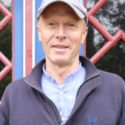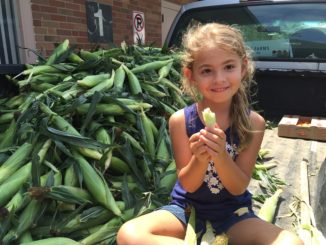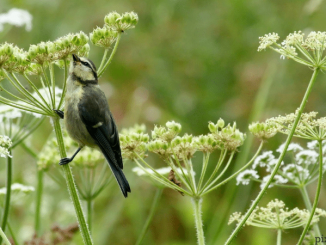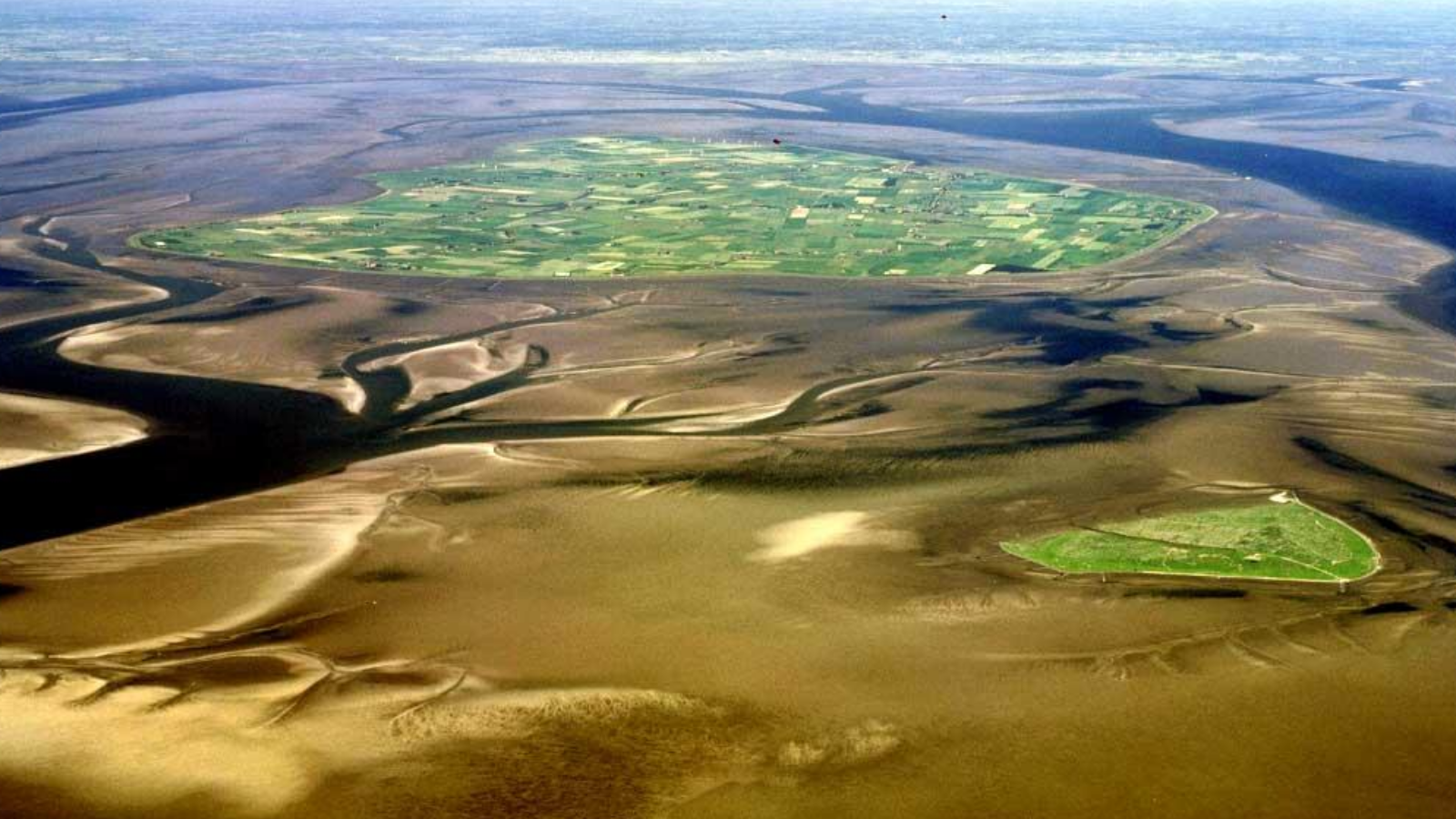
If remote rural communities want to be part of the conversations that will shape their futures, the ability to connect with other projects and stakeholders is a crucial skill. For one island community, the coronavirus crisis was a crash course in online networking. Hannes Lorenzen reports on Eco-Week 2020 and the digital leap forward on his home island of Pellworm, Germany.
The North Sea island of Pellworm went digital in response to the coronavirus crisis. Instead of cancelling Eco-Week 2020, the island association Ökologisch Wirtschaften successfully took the events online with a series of video conferences and webinars.
For many islanders and guests this was a new and exciting experience. At a time when connections and partnerships with other local projects and experiences, with experts, research institutions and political decision-makers are becoming more and more important and increasingly presupposed, for example in current national and EU citizens’ consultations on the future of agriculture, nature conservation and climate change, we felt like we were making the big leap forward.
The digital agroecological week allowed our members and supporters on the mainland to participate in all events without much travel and time, and also to watch lectures and discussions of all events afterwards.
We have even reached people in networks and projects well beyond our region and even beyond Germany linking back up with associations and networks we are members of. Such connections will become increasingly important in the future.
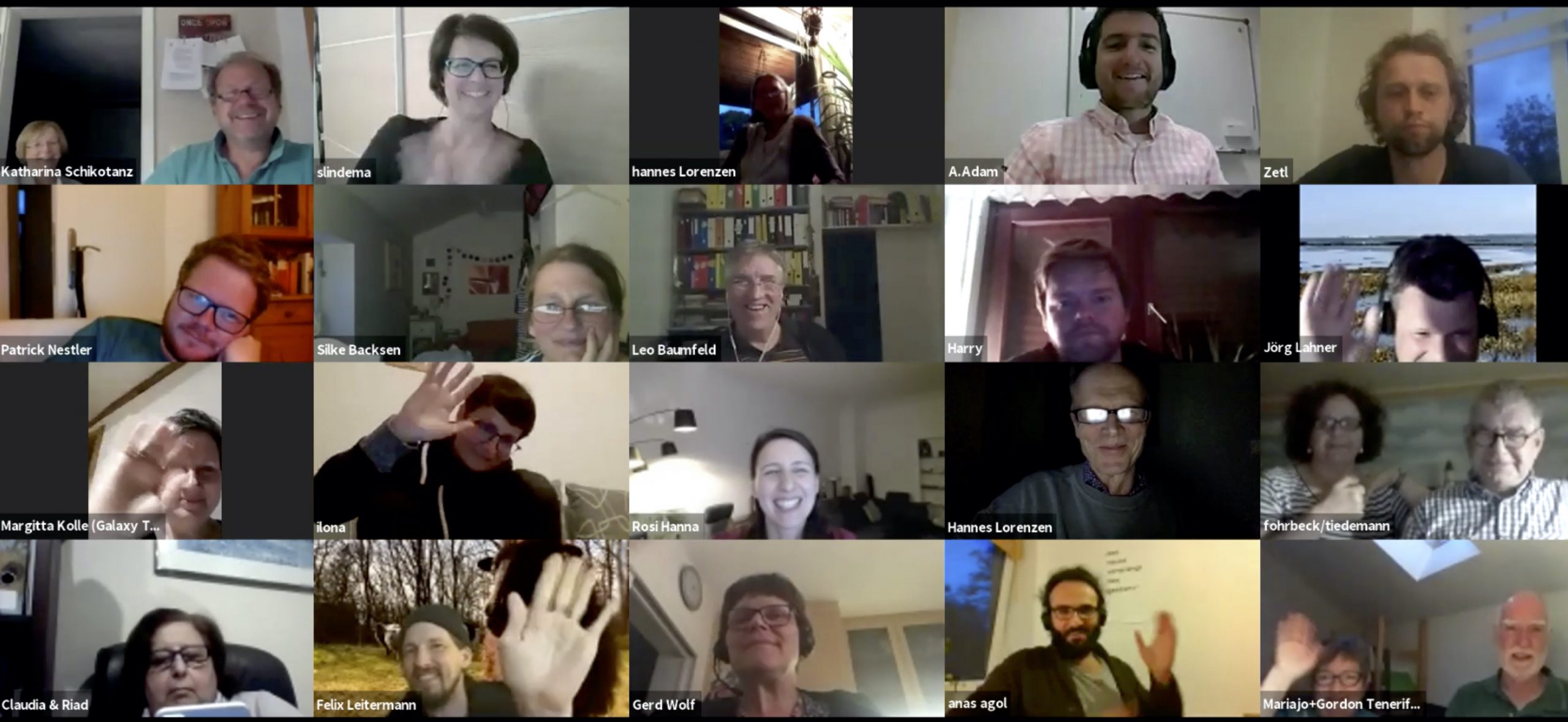
Pellworm’s Eco-Week 2020 goes digital. Image Ökologisch Wirtschaften e.V. Pellworm
Slow Island
In the “Sustainable Pellworm Island” webinar, Prof. Hahne, Juliane Lenz and Lennart Schminnes presented parts of their comprehensive study on sustainable development opportunities on Pellworm Island. Prof. Hahne outlined, with a view to the current coronavirus crisis, how the current pandemic-induced slowdown in many areas of life and the economy can bring positive impulses. Even before the pandemic, Prof. Hahne and his group of students at the University of Kassel had formulated the motto “Slow Island” as a goal for the future.
Nutrient news
In a lecture entitled “Nutrient flow balance and efficient use of manure”, Philipp Löw of Thünen Institute Braunschweig presented the new requirements for farmers regarding the application of nitrate and phosphate on agricultural land. The pollution of the soil by nutrients has increasingly come into focus with regard to climate, air, water and nature conservation in recent years. Numerous regulations have been created which are valid throughout the EU and must be implemented in every member state.
Philipp Löw described how these regulations are placing increasingly high demands on farmers and gave an overview of the current state of soil contamination. It was noticeable that especially in North-West Germany, significantly increased levels of phosphate and nitrogen in soil and groundwater can be observed.
The measures now required by the regulations are expected to lead to an improvement in soil quality and increased nature conservation through more effective use of nutrients. In the future, farmers will have to determine in a nutrient balance for their farms, monitor how much nutrients they apply and what yields they can achieve with them. Depending on farm management, conventional or organic, there will be surplus and limit values for nutrients that remain unused in the soil and possibly also in water bodies.
In the second part of his presentation, Philipp Löw presented the study for Pellworm, which is being developed upon the initiative of Ökologisch Wirtschaften. Here, organic and conventional farmers will provide data from their farms, supported by data from all imported and exported inputs and outputs gathered by trading and transport companies so as to get a good data basis through limitations of the island situation. The study will also take into account the increasing wild geese population on Pellworm.
Nationwide, nutrient balances will become obligatory for all farmers and thus the Thünen Institute’s study can provide an early opportunity for farmers on Pellworm to exchange knowledge and experience through cooperation and professional exchange.
Rural resilience
“Resilience” describes the ability to resist and adapt. It’s a term more familiar from psychology. In his impressive lecture on “The Resilience of Villages”, Alistair Adam Hernandez included many islanders and friends of the island, representatives of villages from Brandenburg and Lower Saxony, Austria, the Canary Islands and Croatia.
Presenting for Eco-Week 2020 the findings of his PhD research at the University of Applied Sciences and Arts in Hannover, Alistair Adam Hernandez examined how villages throughout Europe deal with disturbances and difficult situations. He deftly compared and discussed how specific problems are recognised and analysed, and how village communities search for solutions. He drew on examples from England, Spain and Germany to show what village communities have in common facing various types of crisis and how they organise their way out of those challenges.
Alistair Adam Hernandez explained that the main question is “how a village is perceived as lively, dynamic and active from the outside and inside and how it organises conflict management and transformation through communication and collective learning”.
The lecture was followed by a lively discussion and an exchange of experiences with all participants, so that the event continued well into the night. All expressed the wish to delve into the topic of resilience again at a future real-life meeting on Pellworm.
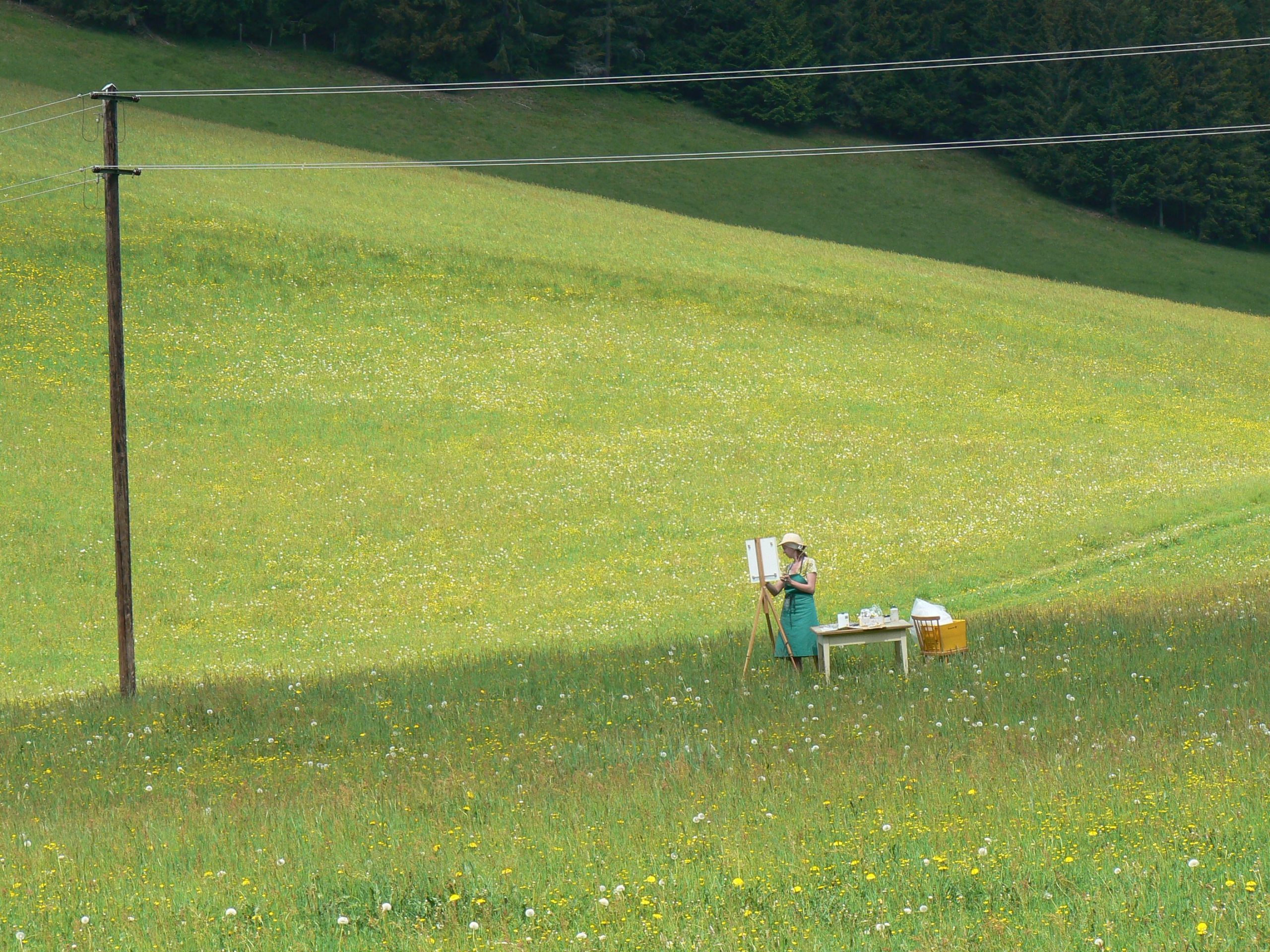
Farmers on film
The conclusion of this year’s Eco-Week was another highlight. The artist Antje Schiffers has been running a deal with farmers for many years. She paints a picture of their farm and the farmers produce a video of their farm and work from their own perspective.
In her presentation for Eco-Week 2020, Antje Schiffers took the audience on a cinematic journey through Europe. An organic farm in England run by two siblings, which was saved by a cooperative and became a beacon for other projects. A melon farmer family from Hungary struggling with local traders, middlemen and European corporations, always on the brink of losing out and giving up. The journey continued to Brandenburg to a newly established smallholder farm, where horses are ploughing again, and further on to an agricultural cooperative, which had emerged from a former Kolkhoz. In the Basque Country, two brothers and their daughters run a sheep and goat farm, which ensures its economic survival mainly through the farm’s own cheese production. Impressive pictures and stories, which sparked much enthusiasm but also much thoughtfulness among our viewers.
It was a very long night of farmer film – the longest so far, enthused Antje Schiffers.
If you missed the films during Eco-Week, you can find them on Vimeo, along with a whole range of the films that Antje Schiffers and her partner Thomas Sprenger have acquired in exchange for the general public in Europe for a good 20 years. Here too, the participants unanimously expressed the wish to take this film journey to the Pellwormer cinema again next year.
Conclusion
The digital world is still new territory for many of us. But, to use a familiar image in our region, it will soon become a solid foreland for new relationships and perspectives of which we should take advantage.
Numerous working groups cooperating in the Biosphere project are also increasingly entering into the digital mode, linking up with other Biosphere groups, agricultural cooperatives or local butchers, as was done last year with a project in France.
Despite initial reservations, Pellworm Week 2020 as an online event was a great success. Even if many people missed the direct exchange at the round table or the chat and beer with their neighbours, the exciting lectures and online cinema connected everyone.
All lectures are available for download and reading on the Ökologisch Wirtschaften island association’s website.
More on rural communities
Farm Resilience in the Face of the Unexpected: Lessons from the COVID-19 Pandemic
Rural Dialogues | Ruralization: Finding Frontiers for Rural Regeneration
Rural Dialogues | Smart Villages – Turning Momentum into Support for Local Action
Rural Dialogues | Best Immigration Practice can help Alleviate Rural Depopulation
Rural Dialogues | Transition Presents an Unprecedented Opportunity for Rural Revival


